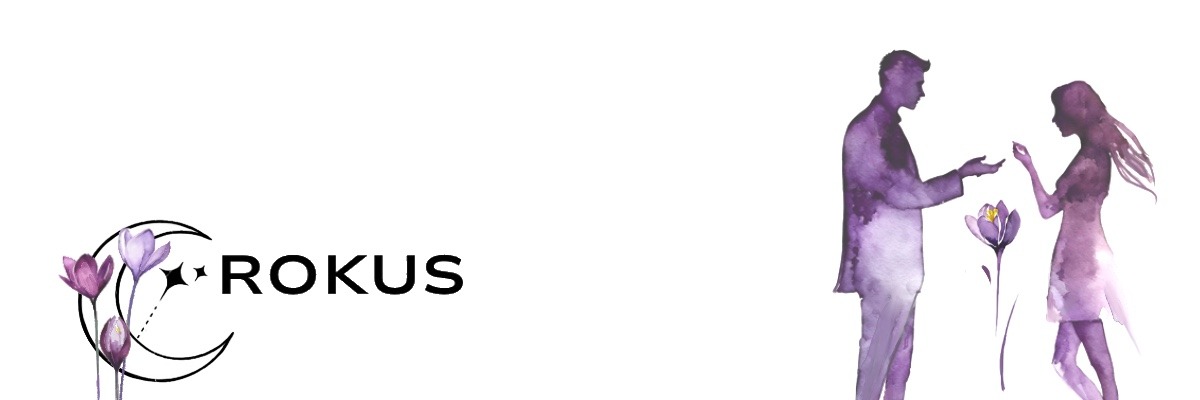Relationships are meant to bring joy, support, and love, but sometimes unnoticed patterns can undermine the foundation of even the strongest connections. Toxic habits in relationships often creep in subtly, evolving over time, and can take many forms. Recognizing these behaviors is the first step to breaking free from them and restoring a healthy dynamic.
Toxic habits in relationships are recurring patterns of behavior or habits that negatively affect the quality of interaction between partners. They undermine trust, respect, and emotional intimacy, leading to tension, conflicts, and reduced satisfaction in the relationship. These habits can be both obvious (such as humiliation or emotional abuse) and more subtle (like avoiding communication or manipulation). They often develop gradually due to unresolved issues, emotional immaturity, or inadequate communication.
Recognizing Toxic Habits in Relationships
Toxic habits are not always overt. They can manifest in ways that seem minor or easily dismissed, but their cumulative effects can be devastating. When left unchecked, they can lead to resentment, communication breakdowns, or even the end of the relationship. Here are some of the most common signs to watch for:
1. Lack of Open Communication
Healthy relationships thrive on honest conversations. A toxic habit arises when communication is replaced with avoidance, passive-aggressiveness, or outright stonewalling. This often happens gradually. For example, a partner who feels unheard during discussions may start withdrawing instead of engaging. Over time, unresolved issues pile up, creating emotional distance. Imagine a scenario where one partner feels overwhelmed at work but doesn’t share this, leading to misunderstandings about why they seem distant. The other partner might misinterpret this behavior as indifference, setting off a cycle of frustration and withdrawal.
2. Constant Criticism and Blame
Occasional feedback is normal, but constant criticism or blaming one another for every misstep is a classic toxic habit. Picture Jane and Tom: every time something went wrong—whether it was a burnt dinner or a missed bill—Jane would blame Tom entirely, making him feel incompetent. This didn’t happen overnight; it started with small remarks and grew into a constant dynamic. Criticism that targets a person rather than their actions erodes confidence, making them feel they can never measure up.
3. Emotional Manipulation
Emotional manipulation is often subtle, making it hard to identify at first. It might come in the form of guilt-tripping, silent treatment, or framing themselves as the victim in every situation. For instance, a partner might say, “If you really loved me, you’d cancel your plans to stay with me,” putting emotional pressure on the other. Over time, this habit creates an unequal dynamic where one partner feels they must constantly sacrifice their needs to maintain peace.
4. Neglecting Boundaries
Healthy relationships respect individual boundaries. Toxicity emerges when one partner consistently dismisses or ignores the other’s personal space, needs, or feelings. For example, if Alex continually read Mia’s private messages under the guise of trust, it could lead to feelings of violation and distrust. When boundaries are disregarded, it sends a message that one partner’s comfort and autonomy are less important than the other’s desires.
5. Excessive Jealousy or Control
It’s natural to feel protective of a partner, but extreme jealousy or control becomes a toxic habit. Restricting a partner’s interactions, dictating their choices, or constantly questioning their loyalty stifles individuality and breeds resentment. A person who feels micromanaged in their relationship may start withdrawing emotionally, fearing judgment for every decision.
Why Toxic Habits Persist
Toxic behaviors often persist because they go unacknowledged or unaddressed. Partners may justify their actions as harmless, or the affected individual might downplay their significance. Fear of confrontation, dependency, or even a lack of self-awareness can keep these habits alive.
For example, Sarah loved Mark deeply but noticed he always dismissed her achievements while boasting about his own. She brushed it off as “just his way” until she realized how undervalued it made her feel. However, her silence inadvertently allowed this habit to continue. Recognizing why these patterns take root is critical for change.
What to Do About Toxic Habits in Relationships
Recognizing toxic habits in relationships is just the beginning. Addressing them requires deliberate effort, mutual understanding, and sometimes external support. Let’s explore steps that can help you navigate this challenging but transformative process:
1. Reflect and Take Accountability
Start by identifying your own role in the relationship dynamics. Toxic habits often involve two sides, and self-awareness is crucial to change. For instance, if you find yourself being overly critical, pause and ask why. Are you projecting your own insecurities onto your partner? Acknowledging your part can set the tone for constructive discussions.
Consider Sara, who realized she often dismissed her partner’s ideas because she felt her own weren’t taken seriously at work. Once she identified this connection, she was able to approach her partner with a heartfelt apology and work on active listening.
2. Have an Honest Conversation
Open dialogue is the foundation for change. Approach your partner with kindness and use “I” statements to express how their behavior affects you. This helps avoid triggering defensiveness and keeps the conversation focused on your feelings.
For example:
“I feel hurt when my efforts are overlooked, and I’d love for us to celebrate each other more.”
Such a statement invites collaboration rather than blame, encouraging both partners to work together to improve their dynamic.
3. Establish Boundaries
Clearly define and communicate boundaries to protect your emotional well-being. Boundaries aren’t about controlling the other person; they’re about ensuring mutual respect. If excessive jealousy is an issue, you might say, “I need us to trust each other without constant checks on my whereabouts. It’s important for me to feel respected.”
Boundaries empower both partners to navigate the relationship with clarity, reducing misunderstandings and fostering mutual trust.
4. Seek Professional Help
Some toxic habits are deeply ingrained and may require the guidance of a counselor or therapist. Therapy provides a neutral space where both partners can voice their concerns and work towards healthier patterns.
For instance, Kevin and Lisa sought therapy after realizing their constant arguments stemmed from unhealed wounds from past relationships. Therapy helped them rebuild trust and adopt better communication habits.
5. Focus on Growth Together
Once toxic habits are addressed, work together to replace them with positive behaviors. Celebrate small victories, such as resolving conflicts calmly or expressing appreciation regularly. This creates a new foundation built on mutual effort and shared goals.
6. Know When to Let Go
Not all relationships can be salvaged. If the toxic habits persist despite your best efforts, or if the relationship becomes emotionally or physically abusive, it’s essential to prioritize your safety and well-being. Walking away from a harmful relationship is an act of self-love and courage.
Examples of Overcoming Toxic Habits
Real-life examples often shed light on how toxic habits in relationships can be transformed:
• Emma and Ryan: Emma often interrupted Ryan during arguments, assuming she knew what he was going to say. Ryan felt unheard and stopped sharing his thoughts. After a heartfelt discussion, Emma committed to active listening. Over time, their communication improved, and Ryan began opening up again.
• Jenna and Chris: Jenna frequently checked Chris’s phone out of insecurity. After Chris expressed how this hurt his trust, Jenna worked on addressing her self-esteem issues, and they set mutual boundaries about privacy.
Replacing Toxicity with Healthy Habits
To move forward, replacing toxic habits with nurturing ones is essential. Focus on practices that build trust, deepen connection, and promote understanding. Here are some steps to consider:
- Practice Gratitude: Make it a habit to acknowledge and appreciate your partner’s efforts. A simple “Thank you for being here for me today” can go a long way.
- Create Shared Goals: Whether it’s planning a trip, starting a new hobby, or saving for a future goal, working together fosters unity.
- Check-In Regularly: Take time to discuss how you both feel about the relationship. This prevents issues from snowballing and keeps the connection strong.
Tarot Questions for Understanding Toxic Patterns
If you’re seeking deeper insights into the dynamics of your relationship, tarot can be a valuable tool. Here are some questions you can explore:
- What does my partner feel about our relationship?
- Is my partner sincere?
- What does the Universe want me to know about love?
By identifying and addressing toxic habits in relationships, you open the door to healthier, more fulfilling connections.



